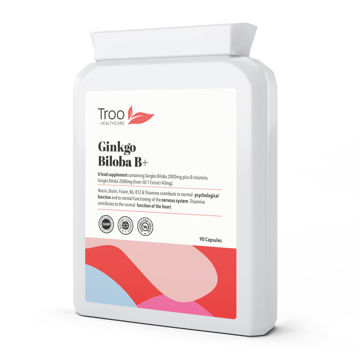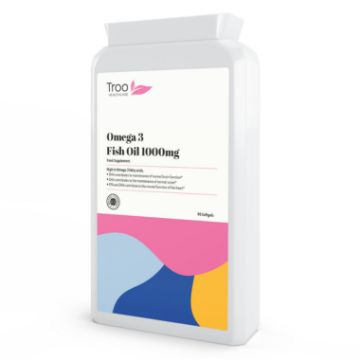Restless Leg Syndrome, otherwise known as Ekbom's syndrome, is surprisingly common and affects most people at some point in their life, with 1 in 20 people experiencing it regularly.
Restless legs are associated with an unpleasant creeping sensation in the lower limbs. Commons accompanying symptoms include twitching, pins and needles, burning sensations and sometimes pain. This all coincides with an irresistible urge to constantly move the legs - hence the name 'restless leg'.
Symptoms of restless leg syndrome are thought to be caused by reduced oxygenation of muscle and nerve tissues in the lower limbs, with dehydration potentially playing a part by interfering with electrolyte balance.
Treatment of Resless Leg Syndrome Through Diet
Supplements containing iron and folic acid will help to improve your levels of haemoglobin, the red blood pigment which carries oxygen around the body. Vitamin C will also ensure you absorb iron more efficiently. A multivitamin with iron would therefore be worth considering.
As restless leg is linked to poor circulation, supplementing with Omega-3 is strongly recommended. Omega 3 fish oils supply essential fatty acids that help to maintain healthy cell membranes blood circulation. Also supportive of improved circulation is Ginkgo Biloba, a traditional herb that has been shown to to improve blood flow to the legs. B vitamins are needed for energy processing.
Magnesium supplements are commonly used by sufferes of restless legs as they have been shown to reduce periodic limb movements during sleep.
Finally, you may want to consider supplementing with Co-enzyme Q10 (CoQ10), a substance present in all body cells and which encourages oxygen uptake and improves energy production. After the age of 20 our levels of CoQ10 start to decrease and, as it is so critical to energy, it is a supplement that is very popular for many people as part of their daily diet. It is also something that is highly recommended for anyone that is on statins.
What else can you do to help with restless leg symptoms?
Possible other ways to help with your resltess legs include:
- Avoid alcohol and caffeine as they increase risk factor to symptoms.
- Focus on getting sufficient sleep.
- Exercise at an appropriate level for you – too much worsens restless legs, while too little may trigger it. A short walk before bed may help.
- Stretching exercises such as yoga.
- Massage to stimulate circulation.
- Hot/cold therapy.
- Magnetic therapy.








